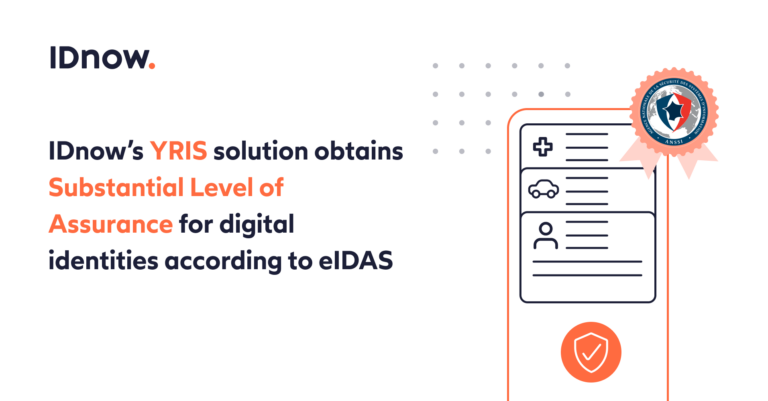Armin Bauer, Co-Founder and Managing Director Technology at IDnow
Last week, the EU Commission published a draft for the so-called digital identity wallet “EUid”. According to it, within 12 months of the law coming into force, every EU state must provide its citizens with a digital wallet.
The draft for the “Digital Identity Wallet” states the following: Every citizen will be given access to a so-called digital wallet. They have to identify themselves once and the data will be stored for further use.
In addition to electronic signatures, documents such as birth and marriage certificates or driving licences are to be stored in the digital wallet in future. This goes hand in hand with numerous use cases – from digital administrative procedures such as address changes or tax returns to the use of health services. A possibility that would revolutionise our daily lives.
According to the draft, each country has three options for implementation: either it launches a solution for its citizens and businesses itself. Or it commissions a private company to develop the wallet and make it publicly available. The third option is a government-approved certification programme that allows private companies to certify applications for identification. The exact technical standards are currently still being discussed at EU level. Only after publication of these standards, the member states will be able to start implementing the respective solution. In doing so, they will have to pay attention to two aspects in particular: high security standards as well as a user experience that is as pleasant as possible. This is the only way to ensure that the solution is accepted by as many citizens as possible.
From our point of view, the introduction of the digital wallet is a necessary and right step to simplify the everyday life of citizens and to overcome digital identification borders within the EU. With the new regulation, it is possible to create an overarching infrastructure.
As one of the European market leaders in the field of digital identification, IDnow itself is working on its own technology for digital wallets. With the “IDnow Wallet”, users’ data is stored securely on the user’s smartphone in compliance with data protection laws. Fingerprint or facial recognition (Touch or Face ID) is used to release the data for identification. The user retains control over his or her own data at all times. Due to the zero-knowledge principle, it is not possible for IDnow as a provider to gain access to the user’s data. As a certified identification service by the Registration Authority according to §24 1 d) eIDAS and as one of the largest providers of eIDs, the online ID function, IDnow is ideally positioned to provide all citizens and companies with an identity within the framework of a digital identity wallet in the future.



